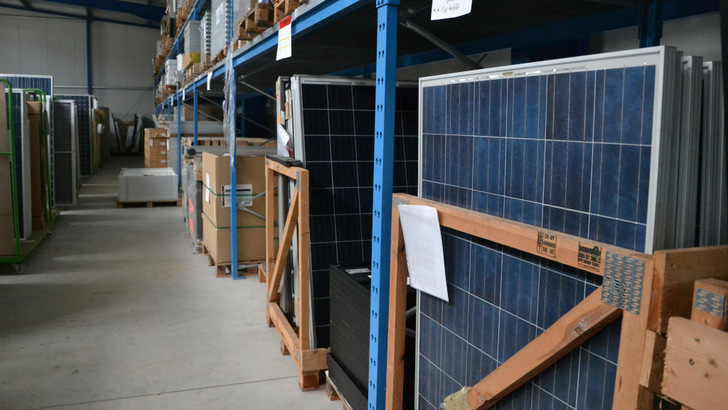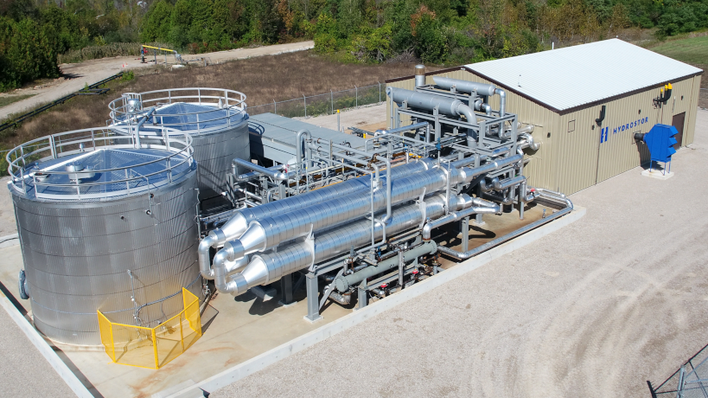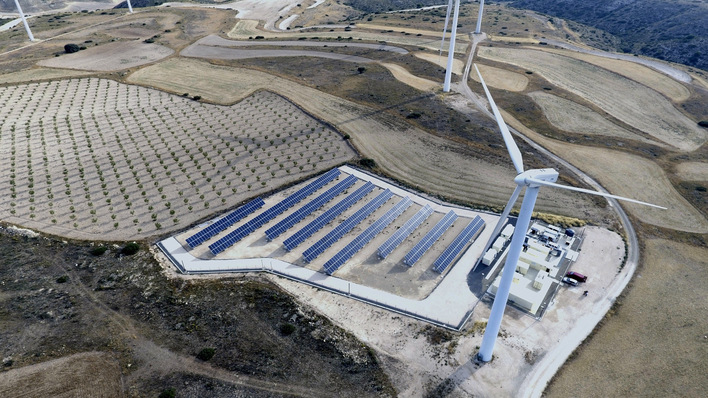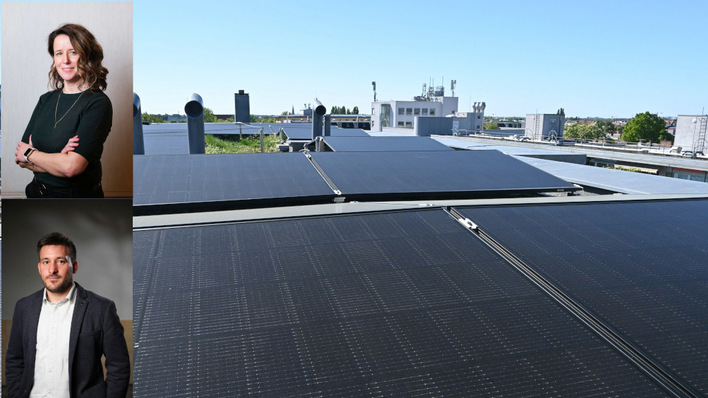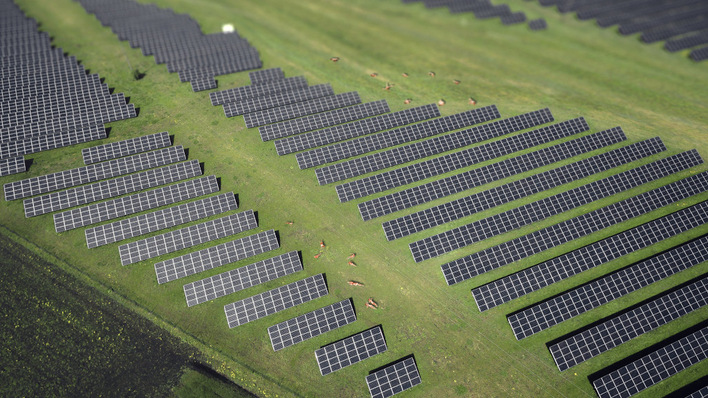Along with the recent trend for falling prices in the solar energy sector, prices for solar modules in particular have come down significantly. To be precise, the average prices for solar modules in the wholesale trade have been falling in two-cent steps every month. Overall, the costs for standard modules have fallen by more than a quarter in the course of this year. Project planners and tradesmen are now paying only 22 euro cents per watt. For comparison: In January, prices for this segment were still at 30 cents per kilowatt hour. That is a price reduction of 26.4 per cent over the course of the year.
Prices at the level of December 2020
Prices for high-performance modules with innovative technologies and an efficiency of more than 21 per cent have fallen less drastically – but still significantly. These are currently going to planners and installers for an average of 31 cents per watt.
Also interesting: Three German solar companies invest € 2 bn in domestic production
In January of this year, prices of 40 euro cents per watt were still being called for. That is a price drop of 22.5 per cent within eight months. This means that in both segments, prices are comparable to the module costs incurred at the end of December 2020.
Stock clearing underway
What is a joy for the planner is a sorrow for the wholesaler. Because Martin Schachinger, Managing Director of the online wholesaler PV Xchange, attributes the rapid decline in prices to the stocks that wholesalers are currently having to sell off. "There is hardly a manufacturer or wholesaler who does not complain about losses in their daily business. Discounts have to be given when stocks are cleared, which more than make up for the trade margin. Those who are not prepared to offer their goods below production or purchase price will be stuck with them," says Schachinger, explaining the pressure wholesalers are under.
Renegotiations only with small discounts
It is true that the Asian manufacturers have already reacted and are delivering less goods to their warehouses in Europe in order to stabilise prices here. "Nevertheless, the pressure to sell remains, because the existing stocks are worth less every week," Schachinger knows. "Some module customers are trying to get out of current supply contracts or cancel existing orders in the process. However, this is usually not possible without further ado, and if it is, it involves high penalties. It is therefore more advisable to have the purchase price adjusted slightly in renegotiations," advises the PV-Xchange boss.
Normalising the relationship between supply and demand
But he sees a possible change in the situation of the wholesalers. This is because the year-end rally starts in late summer, a time after the holidays when demand in Europe will also pick up again. Then the relationship between demand and supply could shift again. "But no one knows exactly how many containers with modules, especially with PERC technology, are actually hoarded in European warehouses and how long it will take to reduce these overstocks," says Schachinger. Accordingly, he is taking the precautionary approach. That the coming weeks and months will still bring some price reductions. (su/mfo)


